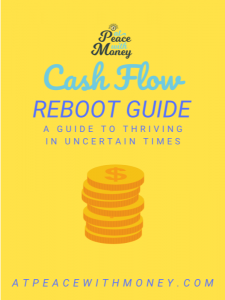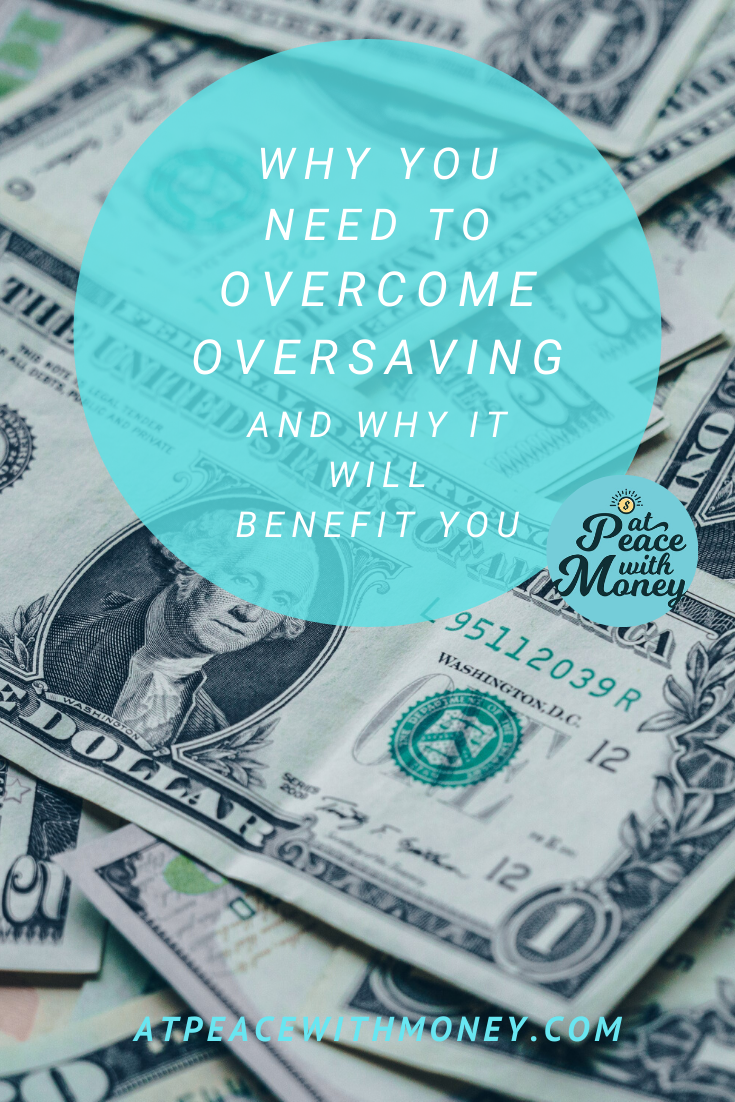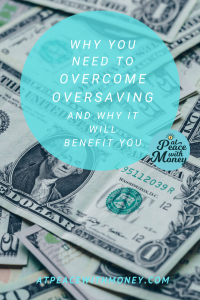Solopreneur Spotlight: Jennifer Graham On Coping With Business Changes During COVID-19

Jennifer Graham made a number of pivots in her business to adapt to COVID-19. While we discussed her business strategies last week, this week I want to highlight the emotional strategies she discussed with me. Being a business owner during this time has been hard on many of us, and the thoughts she shared about taking care of her own wellbeing were full of insights we can all use. Taking care of our emotions allows us to be smarter with our finances, so I believe prioritizing our feelings during this time is key to preserving our businesses.
Acknowledging Grief
The first thing Jennifer mentioned doing once shelter in place went into effect, was acknowledging and holding the grief that came along with it. In addition to all the other abrupt changes, Jennifer lost a lot of photoshoot work, and experienced a total change-up in her calendar. Many people have been experiencing grief during this period, and Jennifer took time to acknowledge and care for hers.
Taking Care
During our interview, Jennifer brought up a couple other practices that have helped her take better care emotionally. First, she said making a practice of acknowledging her feelings, and asking herself “What would bring you joy right now?” has helped her stay centered. Sometimes that might be stepping away from her work to nap or take a walk, and she allows herself to do that. She also mentioned that really acknowledging the work she is doing has been helpful. Many people are currently describing their days as blurs, so perhaps this practice can help remedy that feeling.

Lastly, she mentioned working with a team of people, namely her therapist, business coach, and myself, as being particularly helpful during this time. I’ve written a few articles about how relying on a money team or money buddy can ease the decision making process and alleviate hard times. It’s great to see that Jennifer is leaning on others when it comes to making decisions for her business.
Making Space for Ideas
All this emotional self-care is part of what made it possible for Jennifer to adapt her offerings to current conditions. She relayed to me that “about 3 weeks in, the ideas just started coming,” and from there she was able to create new services that were shelter-in-place-compliant. This nimble and creative thinking is especially  valuable at a time like this. Because Jennifer is able to acknowledge her feelings and tend to them, she has more mental space available when it’s time to get to work.
valuable at a time like this. Because Jennifer is able to acknowledge her feelings and tend to them, she has more mental space available when it’s time to get to work.
You can read part one of this series on Jennifer’s business here, and watch the full video interview too. You can also visit her site, her Facebook page, and her Instagram feed to learn more about what she offers. If you’re interested in a guide for business owners on adapting COVID-19, my Cash Flow Reboot Guide is available for a free download here.
Angela






 Doing some emotional work around money can also really help you clear up your oversaving. I recommend reading
Doing some emotional work around money can also really help you clear up your oversaving. I recommend reading 


 In short, there’s a feedback loop between your finances and your identity as a business owner. Therefore, the best thing to do is to really look at your business’s finances. If you feel underpaid,
In short, there’s a feedback loop between your finances and your identity as a business owner. Therefore, the best thing to do is to really look at your business’s finances. If you feel underpaid, 


 business with the mindset that you can learn from all your choices can also help alleviate this.
business with the mindset that you can learn from all your choices can also help alleviate this.